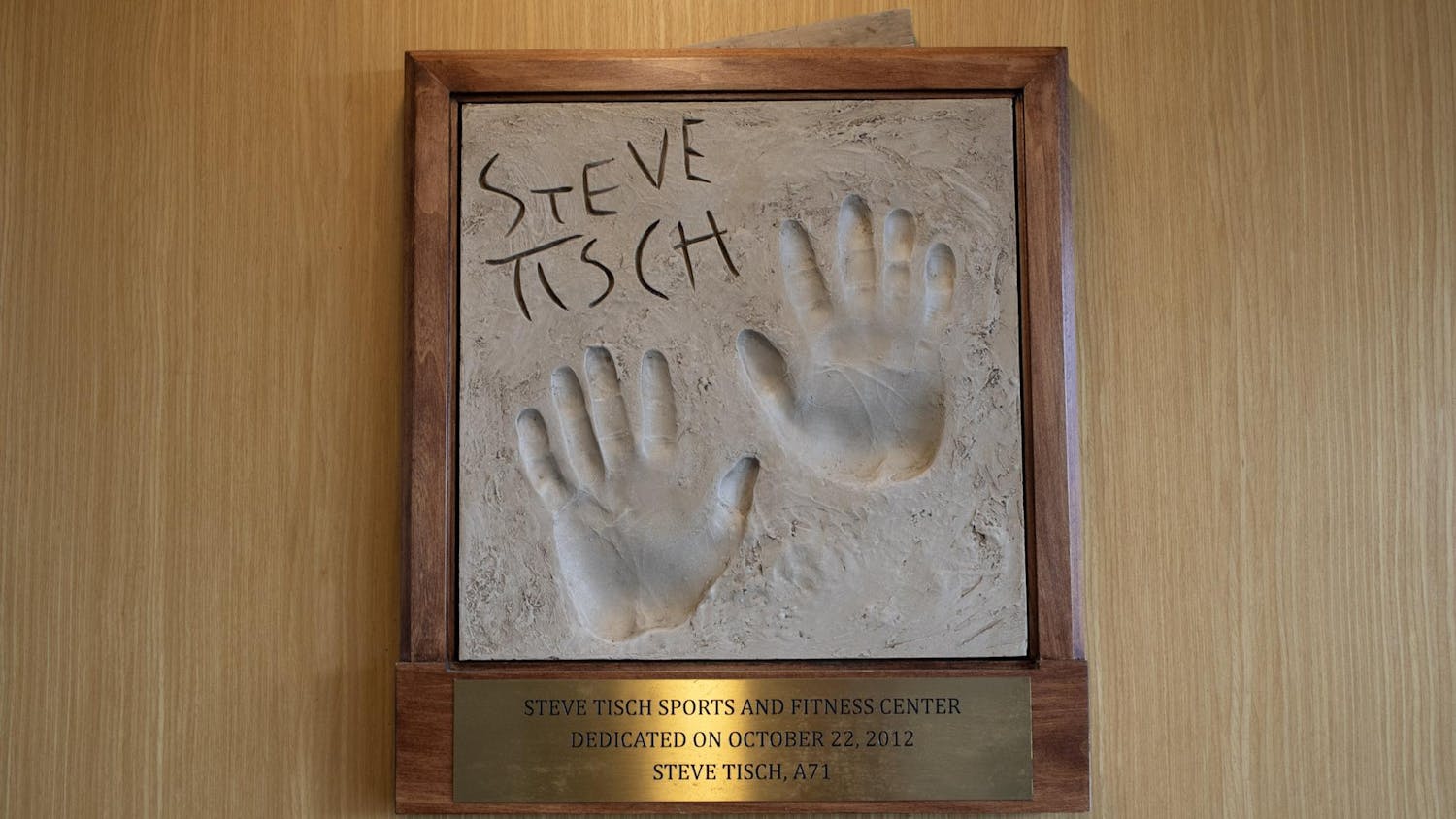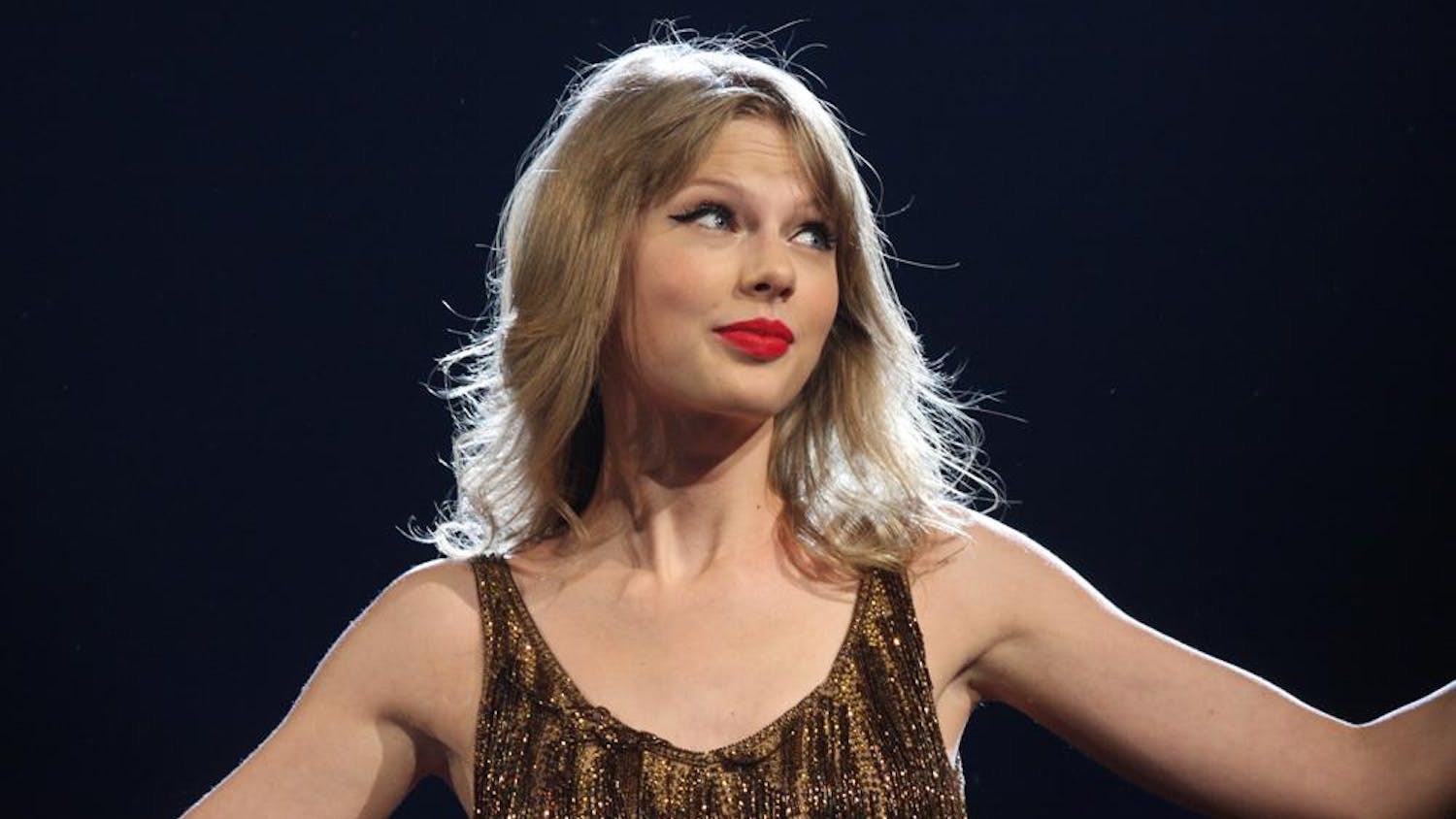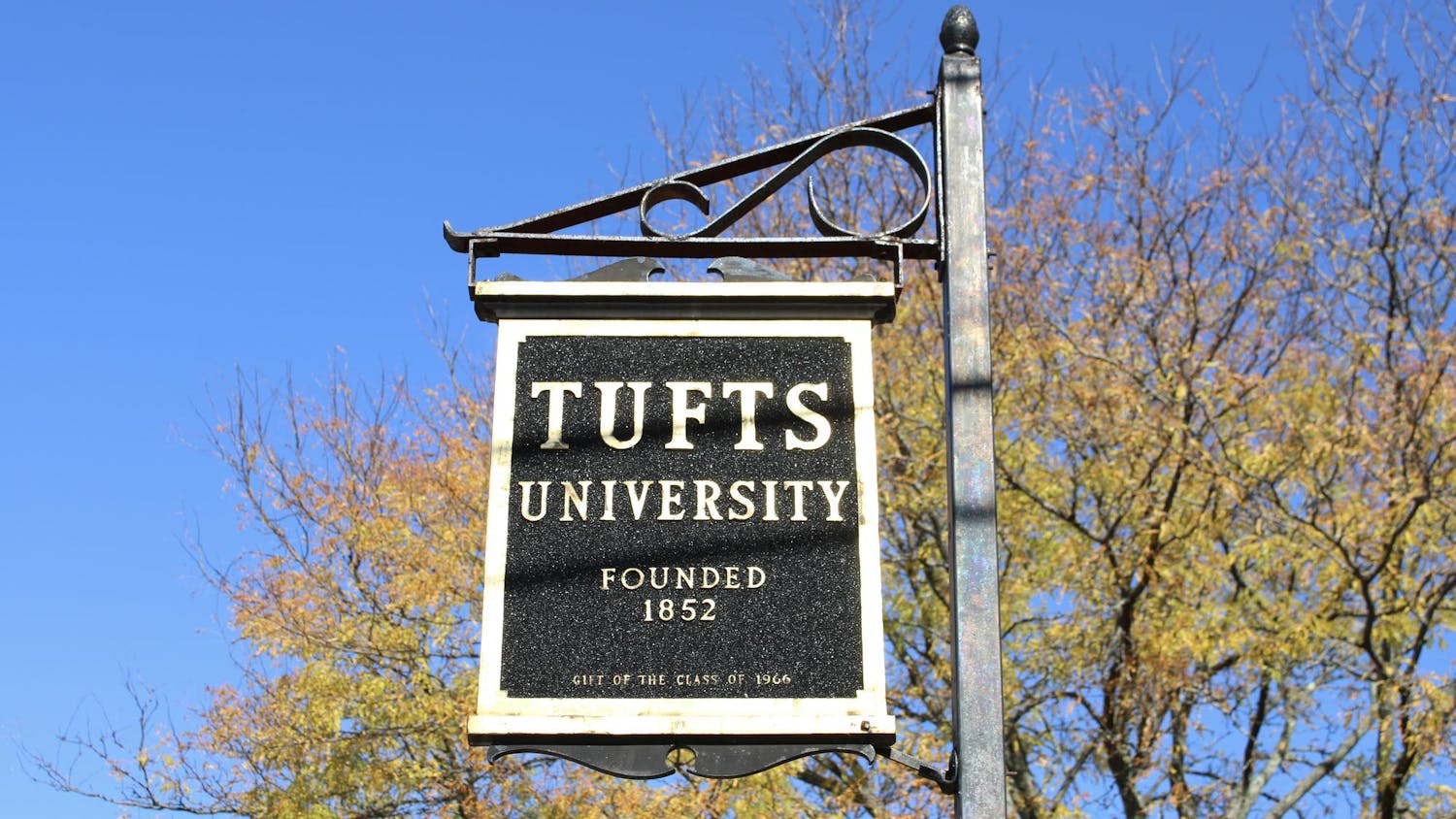I am volunteering to give myself COVID-19.
I don’t mean through negligent behavior, like partying at Lax House during a pandemic; actually, it’s quite the opposite. A few months ago, I signed up with an organization called 1Day Sooner to take part in a human challenge trial for COVID-19, which involves intentional exposure to the virus to test a vaccine. And I strongly encourage other healthy young adults to consider doing the same.
To understand my decision, and why I’m encouraging others to consider the same, it is important to understand how vaccine development works. Vaccine candidates typically undergo a lengthy testing process to determine if the vaccine is safe and effective, culminating in Phase III human trials.This entails giving either an experimental or placebo to tens of thousands of participants, then waiting to see how many contract COVID-19.
But there’s a problem with this method. Researchers don’t know if or when a participant will be exposed to COVID-19. This means a very large number of participants is needed to guarantee that enough people are exposed to the virus.This process can take up to several years, depending upon the severity of the pandemic. So, paradoxically, the better we contain the pandemic, the longer it will take to develop a vaccine.
This is where human challenge trials come in. Instead of waiting around for participants to be accidentally exposed to COVID-19 in their everyday life, scientists conducting human challenge trials give volunteers a vaccine candidate and then deliberately expose them to COVID-19. Since every person in the trial is guaranteed to be exposed to the virus, far fewer participants are required. And more importantly, the trial could save months in comparison to standard vaccine procedures, meaning tens or hundreds of thousands of lives could be saved.
Human challenge trials are not new; They have been conducted for malaria, cholera, influenza and several other infectious diseases.Researchers would take every possible measure to guarantee the safety of participants, who would be thoroughly monitored for health concerns,monitored to ensure their safety and given immediate access to appropriate medical care. In the context of COVID-19, researchers would aim to select young, healthy people that are least vulnerable to minimize risks even further.
For me, volunteering for a COVID-19 human challenge trial makes sense. I’m 19 years old. I’m healthy. I have no preexisting conditions. Frankly, I’m not too worried about the risk to myself. By far, my biggest concern is contracting the virus and spreading it to other people who might be at risk. However, in a human challenge trial, participants would be housed in designated centers to isolate, in highly controlled environments to prevent the spread of infection.
Despite all of these benefits, no COVID-19 human challenge trials have been conducted yet — only recently did a group in the U.K. propose plans to conduct challenge studies in January, and many experts are still concerned about risks. At the moment, there is no proven COVID-19 rescue therapy, meaning that there is no definitively effective treatment available that can be administered to participants if they become seriously ill.
The risks are real, but in reality, challenge trials are no riskier than another common medical procedure: kidney donations.
Studies have shown that the fatality rate of COVID-19 patients under 25 (a target demographic for challenge trials) is less than 0.01%. For kidney donations, the donor mortality rate is 0.03%. We accept and praise people for donating a kidney and incurring a 0.03% risk of death, yet we claim challenge trials are too dangerous when participants accept a 0.01% risk of death. Risks that are ethically permissible in an operating room should be ethically permissible in a clinical trial center.
Whereas a kidney donation saves a single life, a COVID-19 challenge trial could save thousands. In the last week, an average of more than 8,000 deaths occurred per day worldwide from COVID-19. Let’s say a vaccine could avert just 25% of those deaths (quite the conservative estimate); according to this estimate, speeding up a vaccine by a single day could save around 2,000 lives.In reality, that number would likely be much higher.
We are living in unprecedented, nerve-wracking times. We may be socially distancing, wearing masks and washing our hands excessively, but we cannot kill this virus without a vaccine. If we want a return to any semblance of normalcy, we need to consider human challenge trials. Nearly 40,000 others around the world have joined me in volunteering with 1Day Sooner to participate in a human challenge trial, and I hope readers, if comfortable with the risks, will sign up too. As young adults, we have the unique opportunity to use our youth and health for the betterment of the entire world.
Kyle Krell is a sophomore who has not yet declared a major. Kyle can be reached at kyle.krell@tufts.edu.





